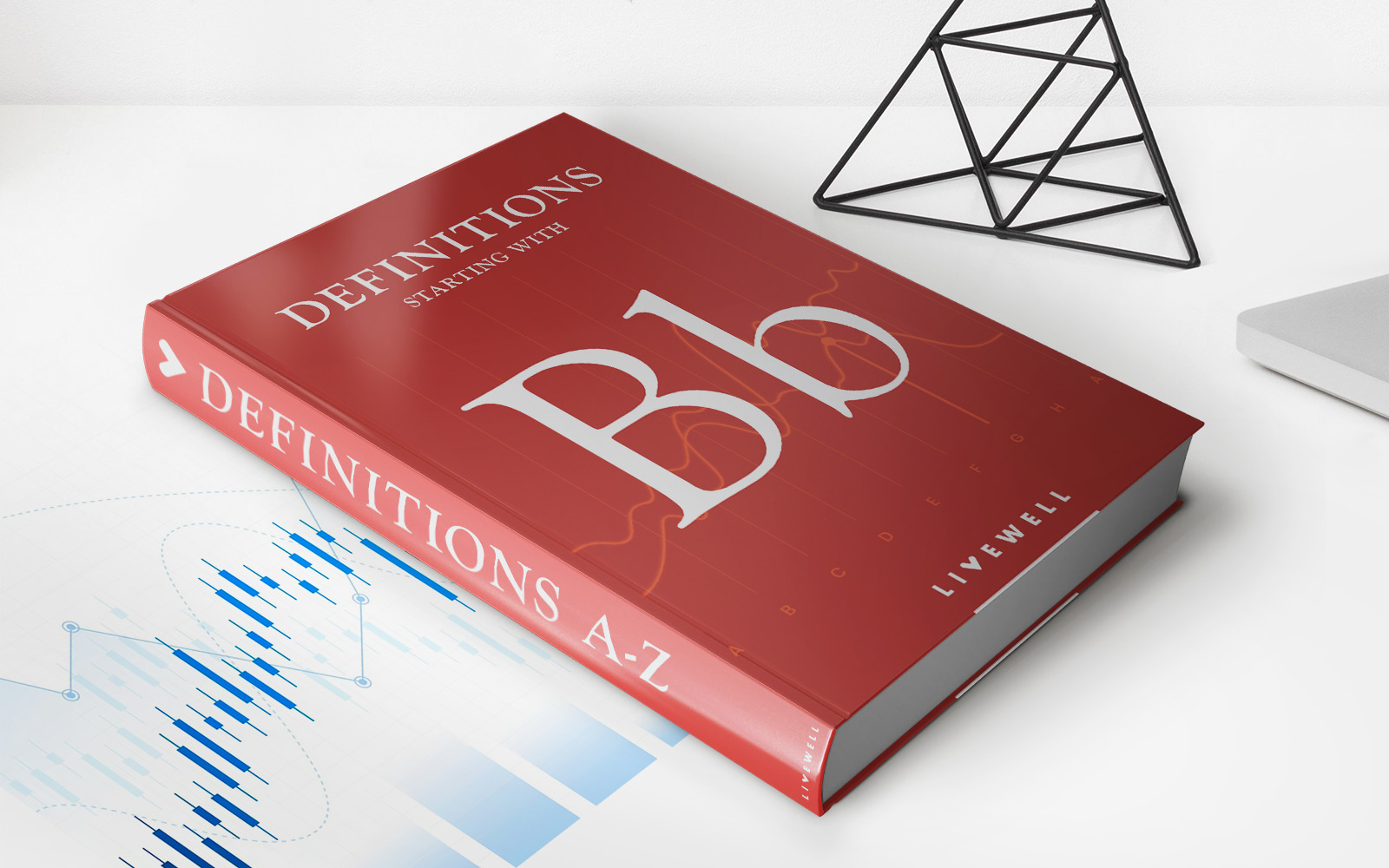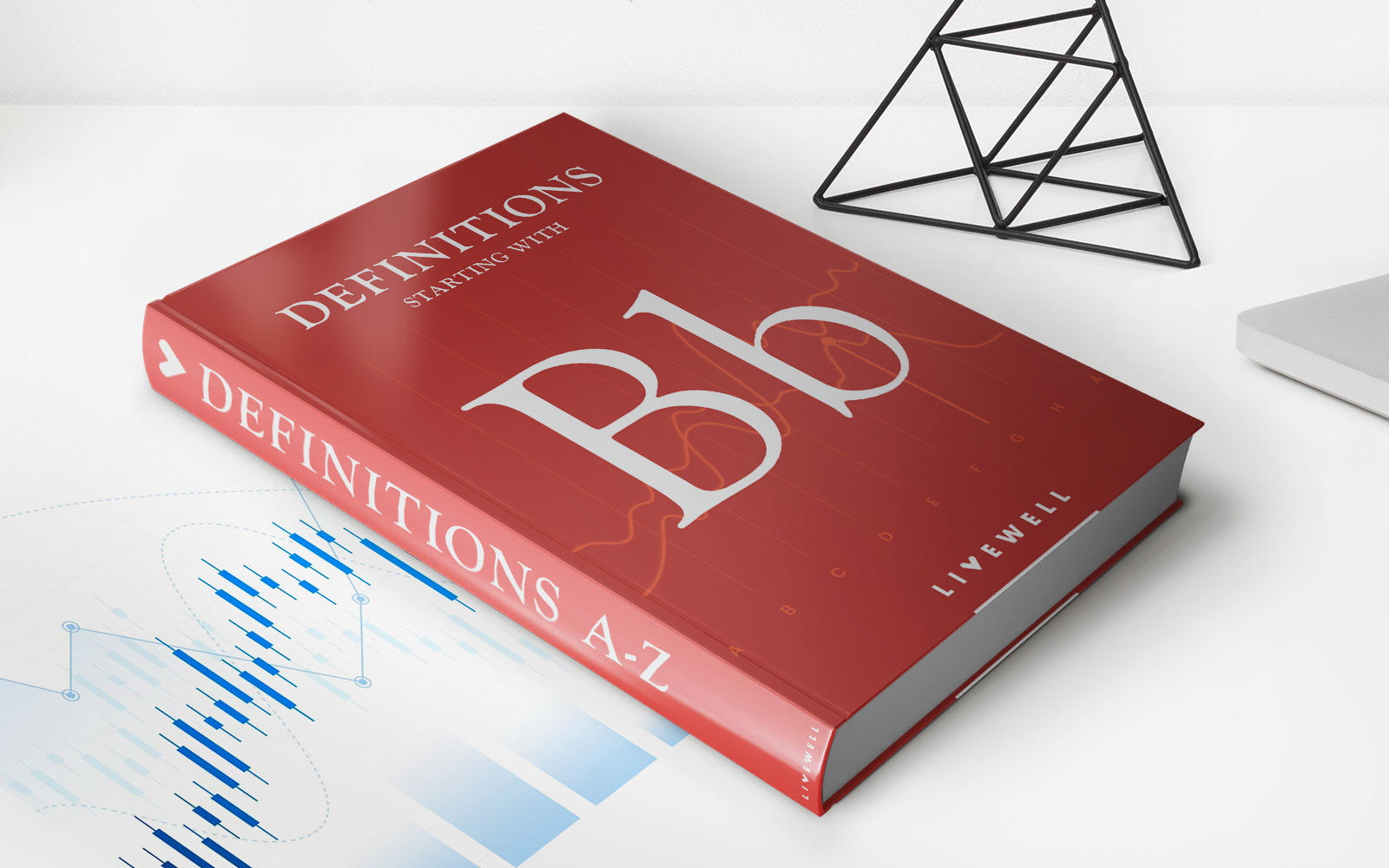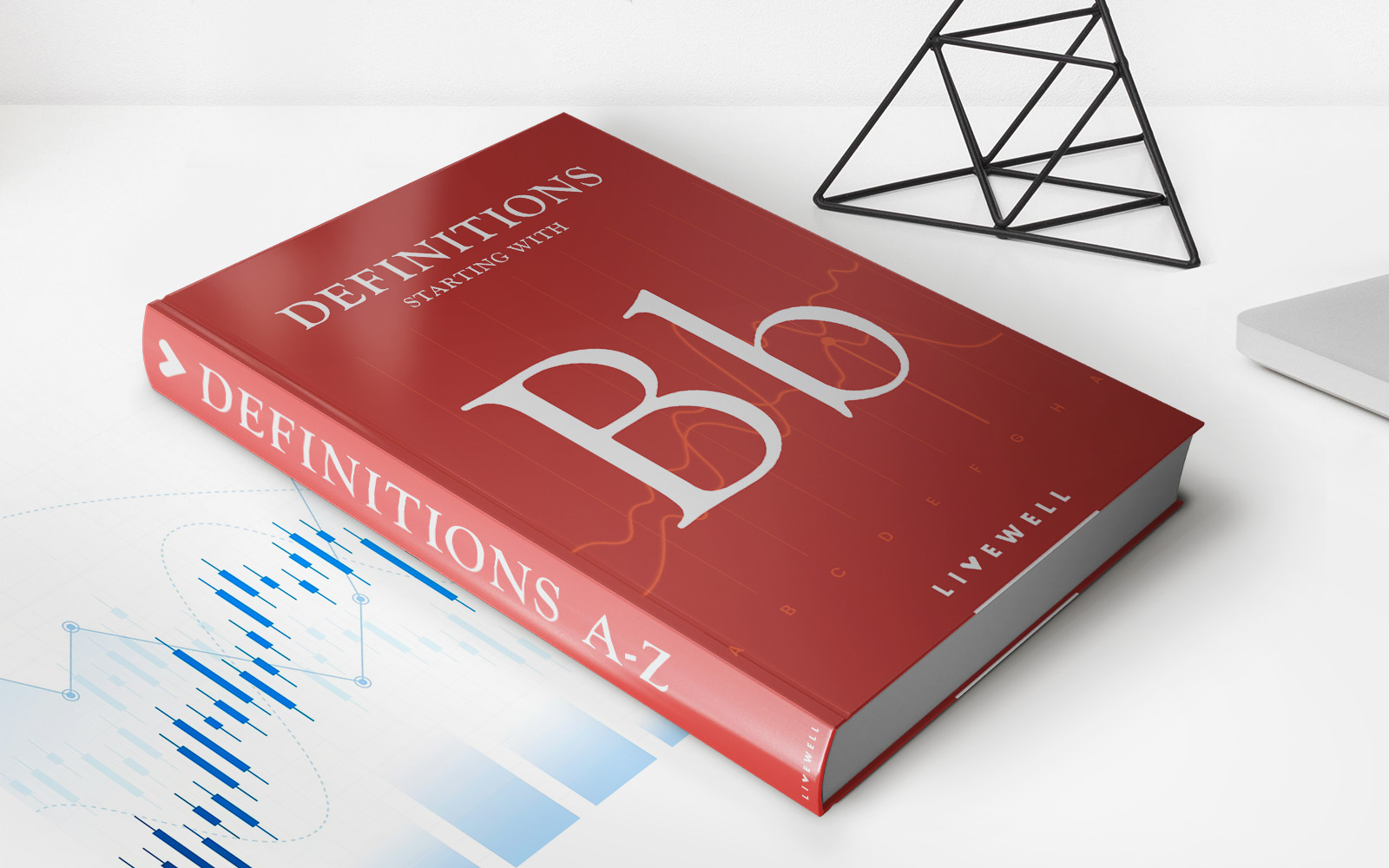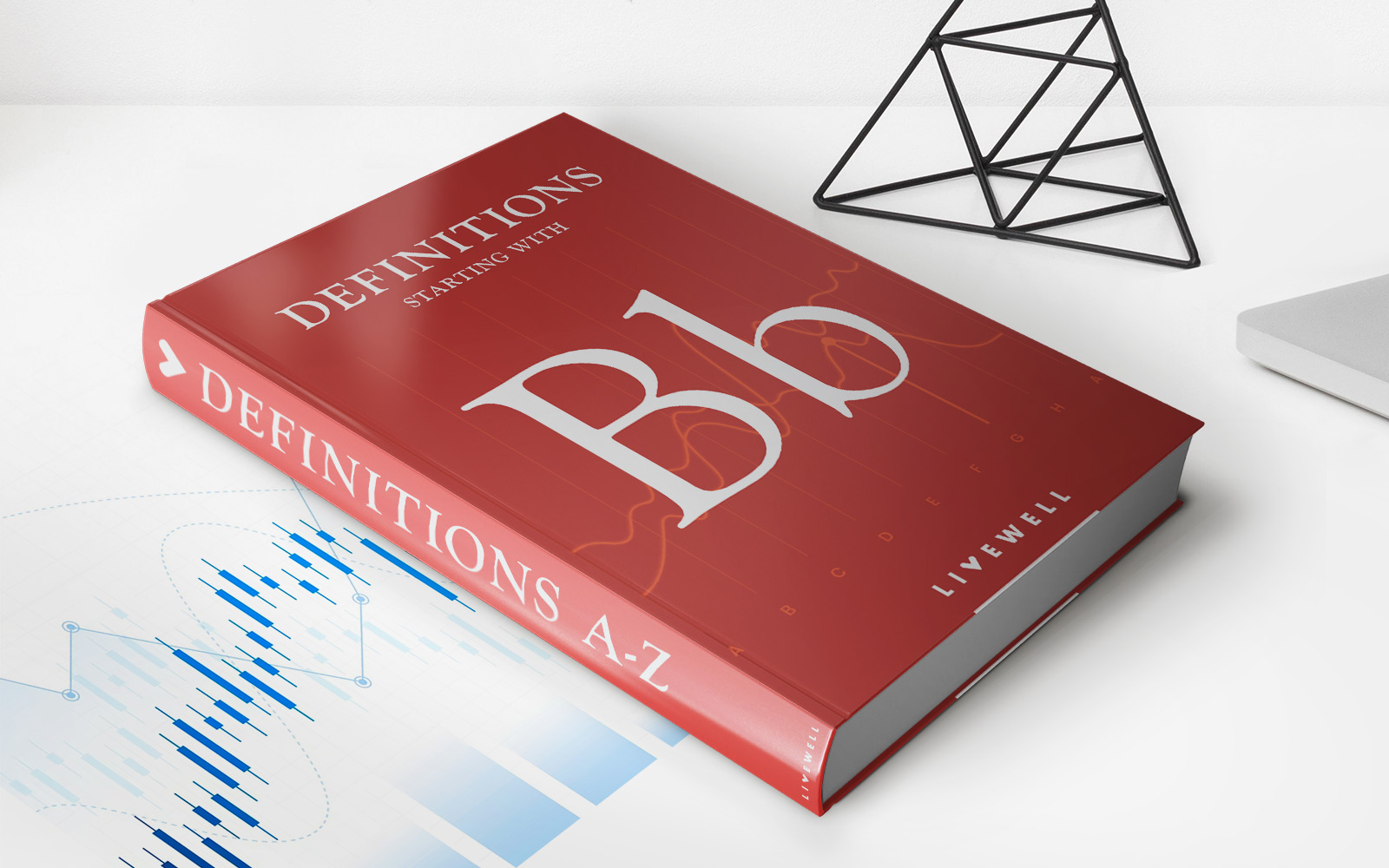
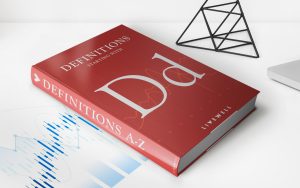
Finance
Deposit Broker Definition
Published: November 10, 2023
Discover the meaning and role of a deposit broker in the world of finance. Learn how deposit brokers provide financial solutions to clients.
(Many of the links in this article redirect to a specific reviewed product. Your purchase of these products through affiliate links helps to generate commission for LiveWell, at no extra cost. Learn more)
What is a Deposit Broker? Understanding the Definition and Role
When it comes to managing your finances, understanding various terms and roles is essential. One such term commonly used in the banking industry is a deposit broker. But what does it mean? And how does it play a role in your financial decisions? In this article, we will delve into the definition of a deposit broker and shed light on their responsibilities within the finance world.
Key Takeaways:
- A deposit broker acts as a liaison between individuals or organizations seeking to deposit funds and financial institutions looking for deposits.
- The primary role of a deposit broker is to connect investors with suitable financial institutions and negotiate interest rates and terms on their behalf.
The Definition of a Deposit Broker
A deposit broker can be thought of as a middleman or intermediary in the realm of finance. They act as a go-between, connecting individuals or organizations in need of depositing funds with financial institutions that are actively seeking deposits.
These brokers play a vital role in the banking world, facilitating the flow of funds from savers to lenders. By connecting those looking to deposit their funds with suitable financial institutions, deposit brokers effectively help match the needs of both parties.
Deposit brokers are experts in navigating the intricate landscape of financial institutions and investment opportunities. They possess valuable knowledge about various banks, credit unions, and other financial entities, which they utilize to guide their clients in making informed decisions.
The Responsibilities of a Deposit Broker
The primary responsibility of a deposit broker is to work on behalf of their clients, often individuals or organizations seeking to maximize their returns on deposits, while minimizing risk. Here’s what a deposit broker does:
- Connects Investors with Financial Institutions: Deposit brokers have a vast network of connections within the financial industry. They leverage these relationships to connect their clients with suitable financial institutions, tailoring solutions based on their unique needs and preferences.
- Negotiates Rates and Terms: A deposit broker acts as the intermediary for rate negotiations between investors and financial institutions. They aim to secure the best interest rates and terms possible, ensuring their clients make the most of their deposits.
- Offers Expert Advice: Deposit brokers provide expert guidance, sharing insights and recommendations based on their extensive knowledge of financial markets. They keep a close eye on market trends, enabling them to help clients make informed decisions about where to deposit their funds.
- Assists with Documentation: Deposit brokers also assist their clients with the necessary paperwork and documentation involved in depositing funds. They ensure that all the required legal and financial formalities are fulfilled, making the process smooth and hassle-free.
By entrusting your financial decisions to a deposit broker, you can benefit from their expertise and industry knowledge. They can help you navigate the complex landscape of financial institutions, negotiate favorable terms, and ultimately make the most of your deposits.
Conclusion
In the world of finance, deposit brokers act as valuable allies, connecting individuals and organizations seeking to deposit funds with financial institutions actively seeking deposits. Their role as intermediaries involves matching clients with suitable institutions, negotiating rates and terms, offering expert advice, and assisting with necessary documentation.
Remember, when it comes to managing your finances, having a trusted deposit broker by your side can make a world of difference. Their expertise can help you maximize your returns while minimizing risk, all while ensuring a smooth and hassle-free depositing process.




